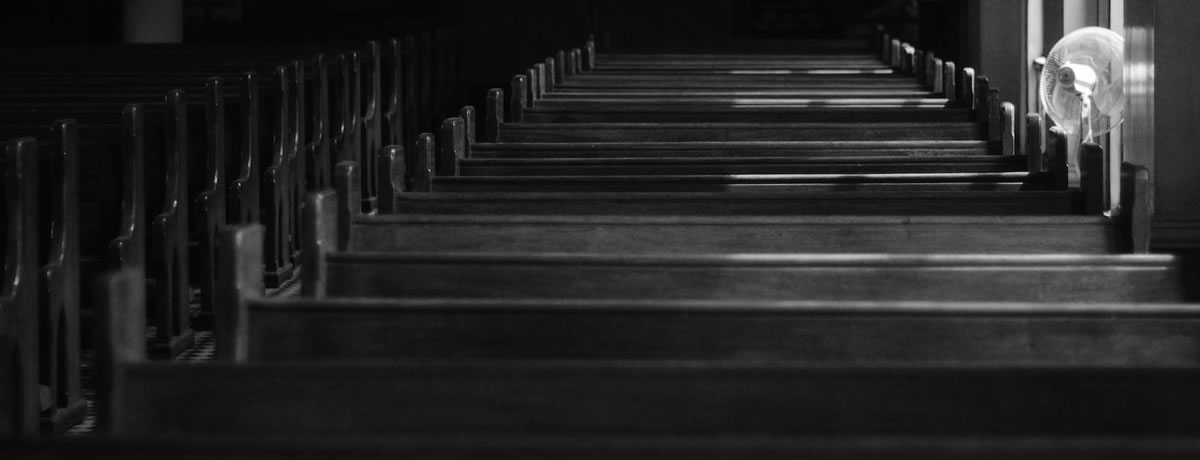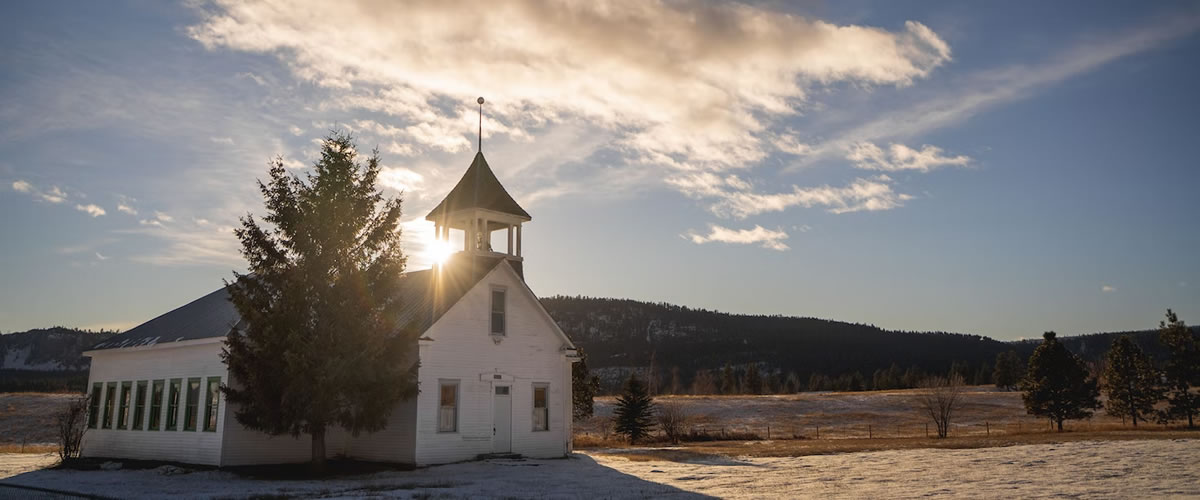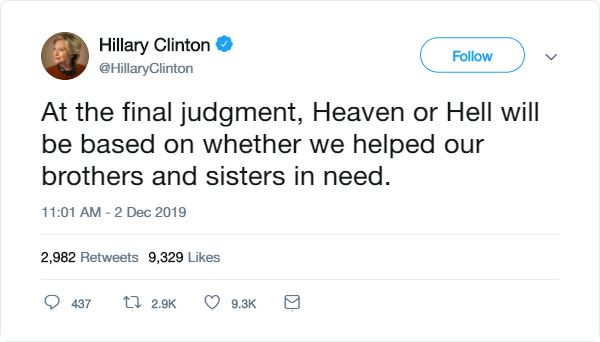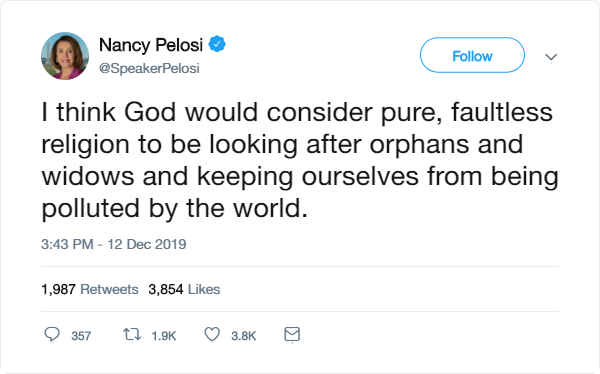Scripture is clear that memorizing the words of God is critically important as we grow to be more like Jesus. GotQuestions.org has a whole article on it, so I won’t rewrite it here. Their article is great.
Below are the verses in my list of Scriptures I’m memorizing. There is no rhyme or reason to the order. I’ve just compiled them over time as I’ve read the Bible and marked passages I wanted to remember because they convey important truths that I wanted to always have readily available. I am not claiming that you should memorize these; they’re just what I’m working on.
Some are straight from a particular Bible translation. Others are slightly rewritten so that I, personally, remember their meaning better. (There’s also one quote in there that I really needed to be reminded of constantly.) We’re all different, so your mileage will definitely vary. Use a version that helps you remember the meaning best.
A few have the beginning of the verse and/or the end of the verse omitted in order to better isolate the thought. I preach context constantly, so I promise you the meaning of the verse(s) has not been changed by leaving out some surrounding context. However, the depth of all of these is only increased when read in context, and the more context you understand, the more their meaning grows.
– – –
This is what the LORD says:
“Cursed is the one who puts his trust in man, who relies on human strength and turns his heart away from the LORD. He is like a shrub in the wasteland; he can’t see when prosperity comes. He will dwell in the parched places in the desert, in a salt land where no one lives.
“But blessed is the one who trusts in the LORD, whose hope and confidence are in him. He is like a tree planted along a river that sends its roots out into the stream. It doesn’t fear when heat comes; its leaves are always green. It has no worries in a year of drought and never stops producing fruit.”
Jeremiah 17:5-8
–
“Remember what happened long ago, for I am God, and there is no other; I am God, and no one is like me.
“I make known the end from the beginning, from long ago what is not yet done, saying: my plan will take place, and I will do all my will.”
Isaiah 46:9-10
–
I pray that the eyes of your heart may be enlightened so that you may know the hope to which he has called you, the riches of his glorious inheritance in the saints, and the immeasurable greatness of his power toward us who believe, according to the mighty working of his strength.
Ephesians 1:18-20
–
Prayer is the way to experience a powerful confidence that God is handling our lives well.
Timothy Keller
–
So, girding up the loins of your mind and being sober-minded and self-controlled, set your hope completely on the grace that will be brought to you at the revelation of Jesus Christ.
1 Peter 1:13
–
But the fruit of the Spirit [the result of His presence within us] is love [unselfish concern for others], joy, [inner] peace, patience [not the ability to wait, but how we act while waiting], kindness, goodness, faithfulness, gentleness, self-control.
Galatians 5:22-23
–
If any of you lacks wisdom, let him ask God, who gives generously to all without reproach, and it will be given him. But let him ask in faith, with no doubting, for the one who doubts is like a wave of the sea that is driven and tossed by the wind. That person should not expect to receive anything from the Lord, being double-minded and unstable in all his ways.
James 1:5-8
–
Since you are God’s chosen people, holy and dearly loved, clothe yourselves with compassion, kindness, humility, gentleness, and patience.
Colossians 3:12
–
Let the peace of Christ rule in your hearts — the peace to which you were also called to live as members of one body. And always be thankful.
Colossians 3:15
–
Whatever you do or say, do it as a representative of the Lord Jesus, giving thanks to God the Father through him.
Colossians 3:17
–
For none of us lives for himself, and no one dies for himself. If we live, we live for the Lord; and if we die, we die for the Lord. Therefore, whether we live or die, we belong to the Lord.
Romans 14:7-8
–
Keep your life free from the love of money. Be satisfied with what you have, for God himself has said, “I will never fail you or abandon you.” So we can say with confidence, “The Lord is my helper, so I will have no fear. What can man do to me?”
Hebrews 13:5-6
–
Now without faith it is impossible to please God, since the one who draws near to him must believe that he exists and that he rewards those who seek him.
Hebrews 11:6
–
If you respond to my warning, then I will pour out my spirit on you and teach you my words.
Proverbs 1:23
–
So whether we are here in this body or away from this body, our goal is to please him. For we must all stand before Christ to be judged. We will each receive whatever we deserve for the good or evil we have done in this earthly body.
2 Corinthians 5:9-10
–
Therefore, since we have been declared righteous by faith, we have peace with God through our Lord Jesus Christ. We have also obtained access through him by faith into this grace in which we stand, and we rejoice in the hope of the glory of God. And not only that, but we also rejoice in our afflictions, because we know that affliction produces endurance, endurance produces proven character, and proven character produces hope. And this hope will not disappoint us, because God’s love has been poured out in our hearts through the Holy Spirit who was given to us.
Romans 5:1-5
–
For we are his workmanship, created in Christ Jesus for good works, which God prepared ahead of time for us to do.
Ephesians 2:10
–
Let your light shine before men in such a way that they may see your good works and glorify your Father in heaven.
Matthew 5:16
–
Sanctify Christ as Lord in your hearts, always ready to give an answer to anyone who asks you for a reason for the hope that is in you – with gentleness and respect.
1 Peter 3:15
–
For the eyes of the Lord roam throughout the earth to show himself strong for those who are wholeheartedly devoted to him.
2 Chronicles 16:9
–
For the kingdom of God is not a matter of talk but of power.
1 Corinthians 4:20
–
Love is patient, love is kind. Love does not envy, is not boastful, is not arrogant, is not rude, does not insist on its own way, is not irritable, and does not keep a record of wrongs. Love finds no joy in unrighteousness but rejoices in the truth. It bears all things, believes all things, hopes all things, endures all things.
Love never ends.
1 Corinthians 13:4-8
–
“I give you a new command: Love one another. Just as I have loved you, you are also to love one another. By this everyone will know that you are my disciples, if you love one another.”
John 13:34-35
–
Then the Lord asked Moses, “Who makes a person’s mouth? Who decides whether people speak or do not speak, hear or do not hear, see or do not see? Is it not I, the Lord? Now go! I will be with you as you speak, and I will instruct you in what to say.”
Exodus 4:11-12
–
Wisdom is shown to be right by the lives of those who follow it.
Luke 7:35
–
If anyone says, “I love God,” and yet hates his brother or sister, he is a liar. For the person who does not love his brother or sister whom he has seen cannot love God whom he has not seen.
1 John 4:20
–
This is how we know that we know him: if we keep his commands. The one who says, “I have come to know him,” and yet doesn’t keep his commands, is a liar, and the truth is not in him.
1 John 2:3-4
–
If anyone claims, “I am living in the light,” but hates a fellow believer, that person is still living in darkness.
1 John 2:9
–
For the Lord your God is living among you. He is a mighty savior. He will take delight in you with gladness. With his love, he will calm all your fears. He will rejoice over you with joyful songs.
Zephaniah 3:17
–
This is what love for God is: to keep his commands. And his commands are not burdensome.
1 John 5:3
–
“Look, I am the Lord, the God over every creature. Is anything too difficult for me?”
Jeremiah 32:27
–
You were called to be free, brothers and sisters. Only don’t use your freedom to indulge the flesh, but serve one another humbly in love.
Galatians 5:13
–
And God is able to make every grace overflow to you, so that in all things at all times, having all that you need, you will abound in every good work.
2 Corinthians 9:8
–
“Not everyone who says to me, ‘Lord, Lord,’ will enter the kingdom of heaven, but only the one who does the will of my Father in heaven.”
Matthew 7:21
–
Lord, show me my life’s end and the number of my days; let me know how fleeting my life is. You have made my days just inches long, and my life span is as nothing to you.
Every human is only a vapor.
Psalm 39:4-5
–
Therefore we do not lose heart. Even though our outer person is being destroyed, our inner person is being renewed day by day. For our momentary light affliction is producing for us an absolutely incomparable eternal weight of glory. So we fix our eyes not on what is seen, but on what is unseen. For what is seen is temporary, but what is unseen is eternal.
2 Corinthians 4:16-18
–
Now we have this treasure in clay jars to show that this all-surpassing power is from God and not from us. We are afflicted in every way but not crushed; perplexed but not in despair; persecuted but not abandoned; struck down but not destroyed. We always carry the death of Jesus in our body, so that the life of Jesus may also be displayed in our body. For we who live are always being given over to death for Jesus’s sake, so that Jesus’s life may also be displayed in our mortal flesh.
2 Corinthians 4:7-11
–
So Christ himself gave some to be apostles, some prophets, some evangelists, some pastors and teachers, to equip the saints for the work of ministry, to build up the body of Christ until we all reach unity in the faith and in the knowledge of God’s Son, growing into maturity with a stature measured by the fullness of Christ.
Ephesians 4:11-13
–
Be careful that no one takes you captive through philosophy and empty deceit based on human tradition, based on the elemental spiritual forces of this world, rather than Christ.
Colossians 2:8
–
Those who think they know something don’t yet know it as they ought to know it.
1 Corinthians 8:2
–
All Scripture is inspired by God and is profitable for teaching, for rebuking, for correcting, for training in righteousness, so that the man of God may be complete, equipped for every good work.
2 Timothy 3:16-18
–
I pray that he may grant you, according to the riches of his glory, to be strengthened with power in your inner being through his Spirit, and that Christ may dwell in your hearts through faith. I pray that you, being rooted and firmly established in love, may be able to comprehend with all the saints what is the length and width, height and depth of God’s love, and to know Christ’s love that surpasses knowledge, so that you may be filled with all the fullness of God.
Now to him who is able to do above and beyond all that we ask or imagine according to the power that works in us— to him be glory in the church and in Christ Jesus to all generations, forever and ever. Amen.
Ephesians 3:16-21
–
He has saved us and called us to a holy life, not according to our works, but according to his own purpose and grace, which was given to us in Christ Jesus before time began.
2 Timothy 1:9
–
Finally brothers and sisters, whatever is true, whatever is honorable, whatever is just, whatever is pure, whatever is lovely, whatever is commendable—if anything is excellent or praiseworthy—dwell on these things.
Philippians 4:8
–
Do not take revenge or bear a grudge against members of your community, but love your neighbor as yourself; I am the Lord.
Leviticus 19:18
–
You will keep in perfect peace the one whose mind is dependent on you, because he trusts in you.
Isaiah 26:3
–
As he approached and saw the city, he wept for it, saying, “If you knew this day what would bring peace—but now it is hidden from your eyes. For the days will come on you when your enemies will build a barricade around you, surround you, and hem you in on every side. They will crush you and your children among you to the ground, and they will not leave one stone on another in your midst, because you did not recognize the time when God visited you.”
Luke 19:41-44
–
God is able to make all grace overflow to you, so that having all sufficiency in all things at all times, you may abound in every good work.
2 Corinthians 9:8
Featured Photo by Aaron Burden












